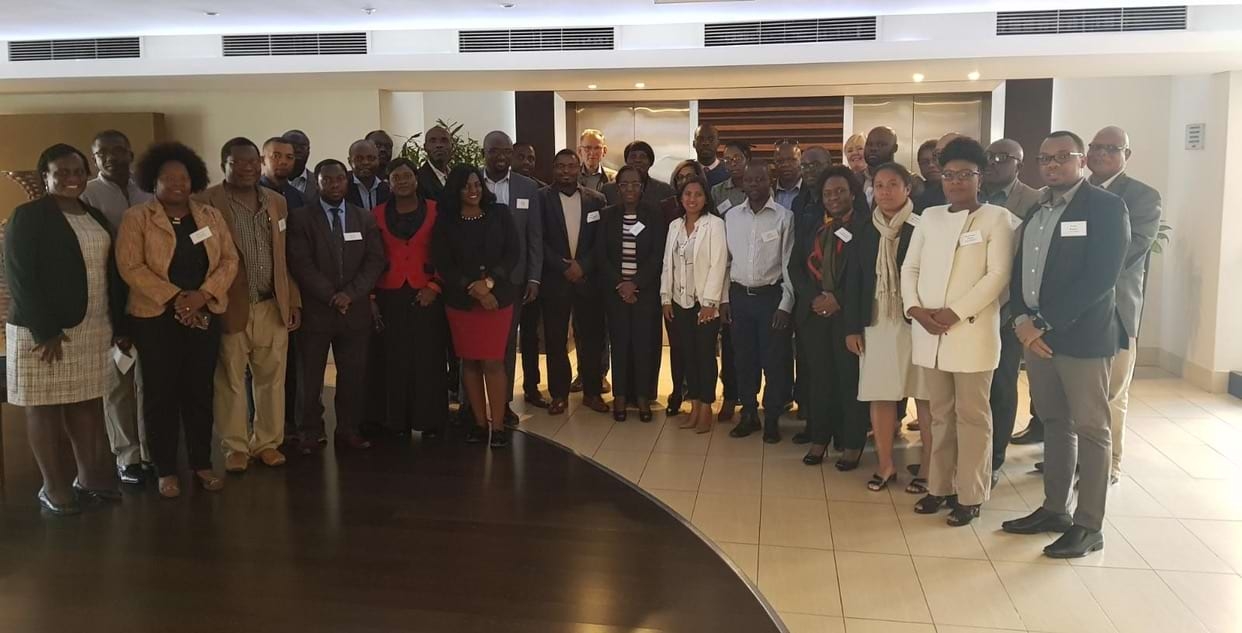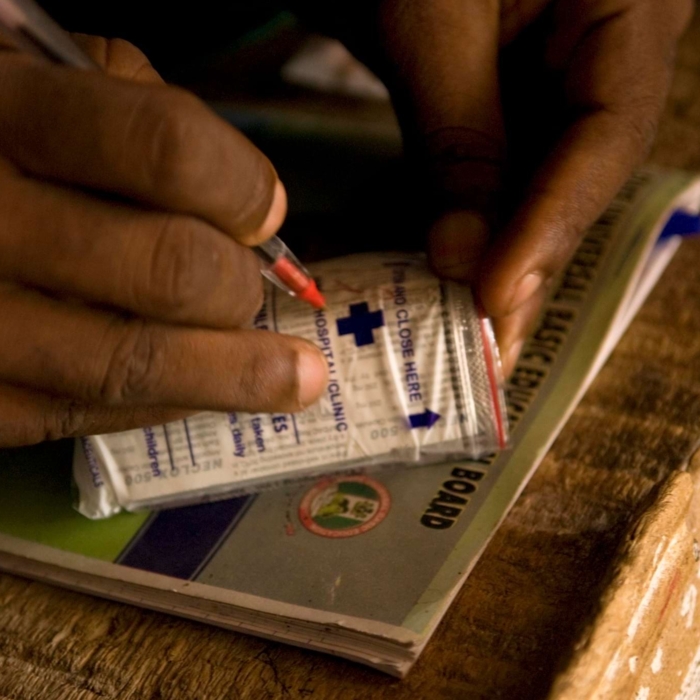New University of Cape Town-led consortium tackles malaria drug resistance in South-East Africa
Cape Town, South Africa – April 14, 2023
The University of Cape Town (UCT) announced today the launch of MARC SE-Africa (Mitigating Antimalarial Resistance Consortium in Southern and East Africa). Over the next 4 years, MARC SE-Africa will receive almost 4.2 million Euro from the Global Health EDCTP3 Joint Undertaking established under the European Unions’ research and innovation programme, Horizon Europe.
The project responds to a growing crisis in malaria, one of the greatest infectious challenges facing Africa. Gains achieved in reducing the burden of malaria and advancing its elimination are now threatened by malaria parasites becoming resistant to the main group of drugs used to treat malaria, the artemisinins. Artemisinin-based combination treatments (ACTs) are the backbone of all currently recommended malaria treatments. The potential impact of widespread ACT resistance in Africa has been estimated at 16 million more malaria cases and nearly 80 000 additional malaria deaths annually [1]. Protecting the efficacy of current first-line malaria treatments is now a top public health priority.
The MARC SE-Africa project is designed to promote the translation of evidence of artemisinin and other drug resistance of public health significance to inform better malaria policy and practice before drug resistance increases the number of malaria cases and deaths. This consortium will provide technical support to the eighteen countries of Southern and East Africa, the area historically first affected by drug resistant malaria.
The University of Cape Town-led consortium includes (in alphabetical order): Infectious Diseases Research Collaboration, Karolinska Institutet, LINQ management GmbH, Liverpool School of Tropical Medicine and their Malawi-Liverpool-Wellcome Programme, Stichting Amsterdam Institute for Global Health and Development, Stiftelsen Magic Evidence Ecosystem, University of Oxford, University of Melbourne, and the University of Rwanda.
UCT’s Professor Karen I. Barnes, who coordinates the MARC SE-Africa consortium, explains the importance of the project:
“This consortium will provide technical support to facilitate the implementation of the World Health Organisation Strategy to respond to antimalarial drug resistance in Africa in our region. Working together we have the best chance of preventing a repetition of the devastating increase in malaria cases and deaths seen previously with chloroquine resistance.” She has been working with national malaria programmes to establish such a regional network since 2019 (Figure 1), with these efforts interrupted by the COVID-19 pandemic.
“Facilitating the uptake of research evidence by policy makers is such important work. At LINQ, we are pleased and honoured to support the MARC SE-Africa consortium in their fight against malaria drug resistance,” says Dr. Claudia Schacht, Founder and Managing Director at LINQ.
[1] Slater, H.C., Griffin, J.T., Ghani, A.C. et al. Assessing the potential impact of artemisinin and partner drug resistance in sub-Saharan Africa. Malar J 15, 10 (2016).

About MARC SE-Africa
MARC SE-Africa is a 48-month project funded by the Global Health EDCTP3 Joint Undertaking (GH EDCTP3 JU) that builds on the first and second European and Developing Countries Clinical Trials Partnership (EDCTP) programmes. This new joint undertaking is a partnership between the EU and the EDCTP Association, whose members are several European and African countries. EDCTP is now a focal point for European research activities, promoting coordinated action to maximise impact on poverty-related infectious diseases.
Learn more about MARC SE-Africa on the project website www.marcse-africa.org


